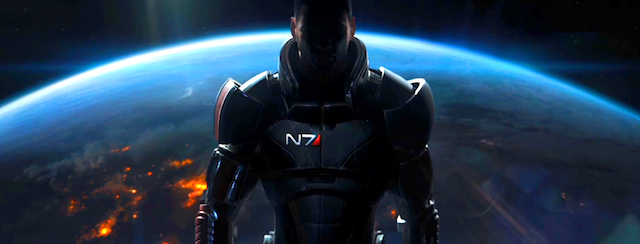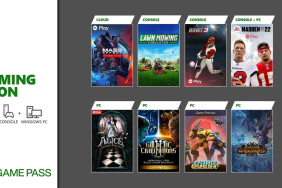Are video games art? When dealing with any creative work, the response to that question is bound to result in a wide array of responses, but considering the fact that you are reading this (and to avoid a long-winded discussion that hinges primarily on semantics), I'm going to assume that…

Atlas is an action-rpg with rogue-like elements where you use your ability to control the ground to fight the enemies and move through procedurally generated worlds.










